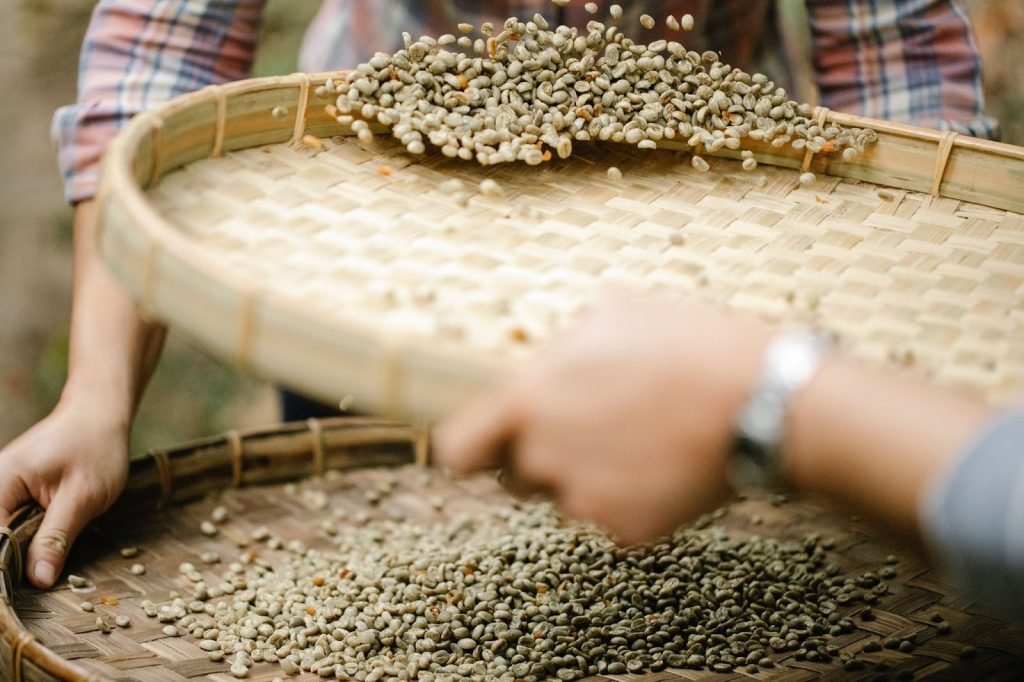Coffee certification is an important effort to maintain the quality of coffee grown, harvested and circulated. With certification, coffee producers can demonstrate that they meet set standards in terms of quality, ethical production and environmental protection. Coffee certification can also be a value-added product, opening up opportunities for producers to export to countries that require such certification.
Coffee certification can be granted by various organizations, such as Rainforest Alliance, UTZ and Fairtrade. Each of these institutions has different standards, but all aim to ensure the quality of coffee produced and provide protection for coffee farmers.
One of the most important requirements in coffee certification is the quality of the coffee itself. Quality coffee must meet set standards in terms of taste, aroma and color. This guarantees that coffee sold with the certification label is of good quality and can be accounted for.
In addition to coffee quality, certification also regulates production ethics and environmental protection.
Some certification standards require coffee producers to avoid the use of harmful pesticides, and maintain environmental balance at production sites.
Coffee certification is also very important to ensure the welfare of coffee farm workers. Some certification standards require coffee producers to provide living wages and safe working conditions for farm workers. This ensures that coffee farmers can live well.
In addition, coffee certification can make the selling value of coffee higher. Because, the quality of coffee has been guaranteed by the standards that have been set.
Coffee certification can also help raise consumer awareness about ethical and environmental issues in coffee production. By knowing that the coffee purchased meets certification standards, consumers can feel more confident that they are not contributing to environmental problems or the exploitation of farm laborers.
To apply for coffee certification, coffee producers must understand the certification standards before applying. The certification body will conduct a field review to ensure that the producer meets the set standards. The review will be conducted by an independent auditor commissioned by the certification body.
If the manufacturer passes the on-site review, the certification body will provide a certification certificate. The certificate is valid for a specific period of time, usually one year, and must be renewed annually through a review process.
After obtaining a certification certificate, manufacturers must continue to meet the standards set by the certification body.
This includes conducting annual reviews and reporting changes in production practices that may affect certification.
Keep in mind, each certification body may have different processes and requirements, so it is important for manufacturers to check with the selected certification body for more detailed information on the process of registering and maintaining certification.
However, coffee certification does not always guarantee good quality. Some coffee producers may pursue certification just to increase the selling price of their coffee without actually meeting the set standards.
Therefore, it is important for consumers to know a trusted coffee certification body to maintain coffee quality. Also, make sure that the coffee you buy meets the set standards, such as Rainforest Alliance, UTZ, USDA, 4C, Fairtrade and others.
If you are a coffee producer from various regions, do not hesitate to open a shop on the KopiKita platform, so that coffee lovers from all over Indonesia can taste your coffee production. Apply for a business on the KopiKita platformnow by filling out the the following form .
Are you a coffee lover? It’s time to visit the KopiKita platform to find coffee from various regions in Indonesia at the best price.









